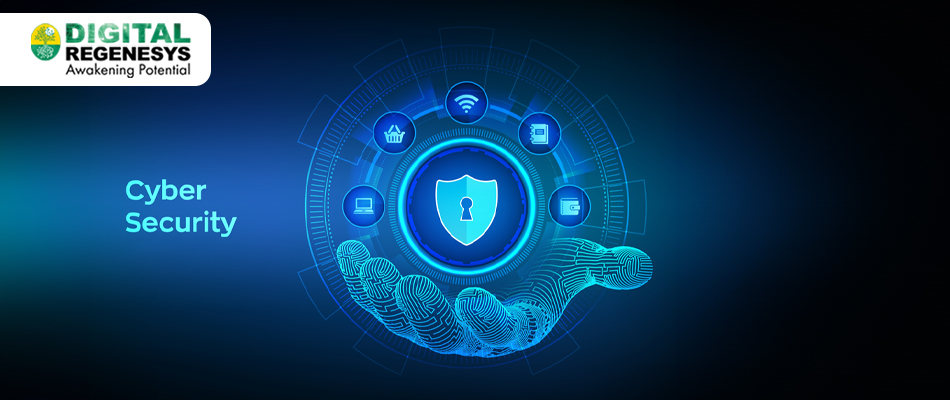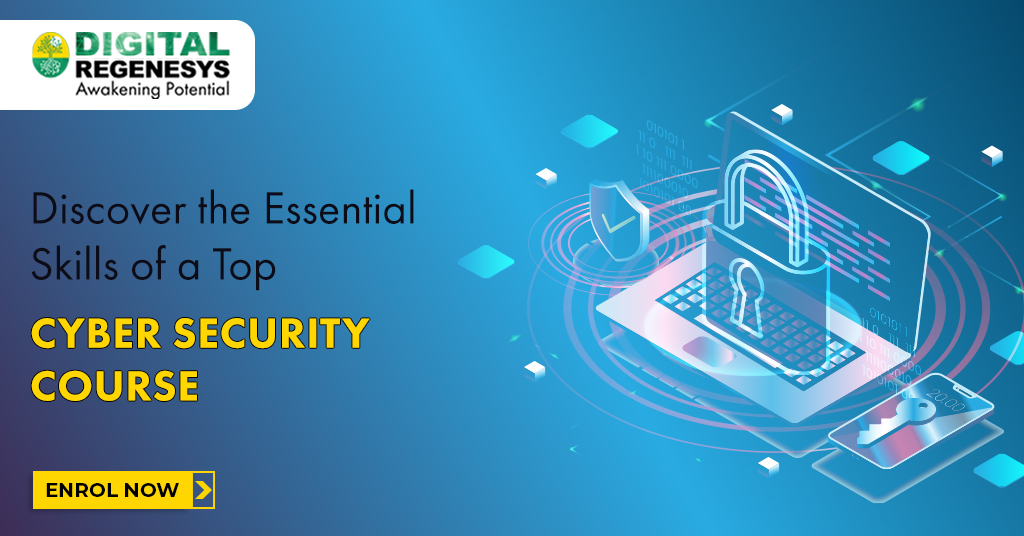What Skills Can You Gain From A Top Cyber Security Course?

In a digital landscape where threats loom and data security is paramount, a top Cyber Security Course guides individuals toward acquiring essential skills.
This guide delves into the diverse and critical skills one can gain from such a course, exploring the realms of ethical hacking, risk management, and incident response.
Join us on a journey through the expertise forged in the crucible of cyber security education.
What is a Cyber Security Course?
A Cyber Security Course is an educational programme designed to equip individuals with the knowledge and skills to protect computer systems, networks, and sensitive information from cyber threats and attacks. These courses cover a wide range of topics within the field of cyber security, aiming to prepare participants for roles such as cyber security analysts, ethical hackers, security consultants, and more.
Various educational institutions offer cyber security courses, including universities, technical schools, online learning platforms, and cyber security training providers. They cater to individuals with varying experience levels, from beginners with no cyber security background to experienced professionals seeking advanced skills.
Completing a Cyber Security Course is often seen as a critical step in building a career in cybersecurity, as it provides the foundation and expertise needed to address the constantly evolving challenges posed by cyber threats.
Key Components of a Cyber Security Course
The key components of a typical Cyber Security Course include:
Introduction to Cyber Security
Overview of cyber security concepts, principles, and the evolving landscape of cyber threats.
Network Security
Understanding and implementing measures to secure computer networks, including firewalls, intrusion detection systems, and encryption.
Ethical Hacking
Training in ethical hacking techniques, including penetration testing, vulnerability assessment, and understanding the mindset of hackers to strengthen security measures.
Cryptography
Exploration of cryptographic principles, algorithms, and secure communication and data protection techniques.
Risk Management
Assessment and management of cyber security risks, including developing risk mitigation strategies and security policies.
Application Security
Techniques for securing software and applications, including secure coding practices and vulnerability assessments.
Cloud Security
Understanding and addressing security challenges in cloud computing environments, including securing data and applications hosted in the cloud.
Security Awareness and Training
Educating individuals and organisations about the best cyber security practices creates a security awareness culture.
Mobile Security
Strategies for securing mobile devices, applications, and data in the context of the increasing use of smartphones and tablets.
Hands-On Labs and Projects
Practical exercises, labs, and real-world projects allow participants to apply their skills in simulated environments.
Skills Gained from a Top Cyber Security Course.
Enroling in a top Cyber Security course can provide individuals with a comprehensive skill set to navigate cyber security’s complex and dynamic landscape.
Here are some essential skills typically gained from a top-notch Cyber Security Course:
Network Security
Understanding and implementing measures to secure computer networks, including firewalls, intrusion detection systems (IDS), and virtual private networks (VPNs).
Ethical Hacking and Penetration Testing
Through penetration testing, learning ethical hacking techniques to identify and address vulnerabilities in systems and networks.
Cryptography
Mastering cryptographic concepts and techniques for secure communication, encryption, and decryption to protect sensitive information.
Risk Management
Assessing and managing cyber security risks, including developing risk mitigation strategies and adherence to risk management frameworks.
Incident Response
Developing skills to detect, respond to, and recover from cyber security incidents like data breaches or malware attacks.
Security Policies and Compliance
Understanding the development and implementation of security policies to ensure compliance with industry regulations and standards.
Application Security
Securing software and applications by employing secure coding practices, conducting vulnerability assessments, and implementing security measures.
Cloud Security
Addressing security challenges in cloud computing environments, ensuring the protection of data and applications hosted in the cloud.
Identity and Access Management (IAM)
Managing user identities and controlling access to systems and resources, including implementing authentication and authorisation mechanisms.
Security Awareness and Training
Educating individuals and organisations about cyber security best practices and creating a culture of security awareness to prevent social engineering attacks.
Mobile Security
Considering smartphones and tablets’ unique challenges, securing mobile devices, applications, and data.
Malware Analysis
Analysing and understanding malicious software (malware) to develop detection, prevention, and removal strategies.
Security Architecture and Design
Designed and implemented secure systems and infrastructure, considering security principles from the ground up.
Forensics and Cyber Investigation
Conducting digital forensics to investigate cyber security incidents, gather evidence, and support legal proceedings.
Secure Coding Practices
Acquiring skills in writing secure code to prevent vulnerabilities and enhance the overall security posture of software applications.
Security Governance
It is understanding the governance structures and frameworks that guide an organisation’s overall approach to cyber security.
Communication and Collaboration
Developing effective communication skills to convey cyber security risks and strategies to technical and non-technical stakeholders.
Continuous Learning and Adaptability
Cultivating a mindset of continuous learning to stay updated with the latest cyber security threats, technologies, and best practices.
Completing a Top Cyber Security Course often leads to certifications recognised in the industry, enhancing the learner’s credibility and employability. These acquired skills empower individuals to play pivotal roles in securing digital assets, protecting against cyber threats, and contributing to organisations’ overall cyber security posture.

Conclusion
As we conclude our exploration into the skills cultivated by a Top Cyber Security Course, the significance of these acquired capabilities reverberates across industries. From thwarting cyber threats to safeguarding sensitive information, the skills obtained become a robust armour for professionals venturing into cyber security.
By investing in such education, individuals fortify their career prospects and contribute to the collective defence against evolving digital threats. The journey through a Top Cyber Security Course is a learning experience and a strategic investment in securing a future shaped by cyber security prowess.
Digital Regenesys is a leading ed-tech platform that offers many upskilling courses designed to empower individuals and organisations with the latest industry-relevant skills.
Enrol now and equip or upskill yourself with the knowledge to improve business outcomes, unprecedented global demand, and career opportunities with the Digital Regenesys’ Cyber Security online course.
FAQs on What skills can you gain from a top Cyber Security Course?
Last Updated: 12 September 2024
